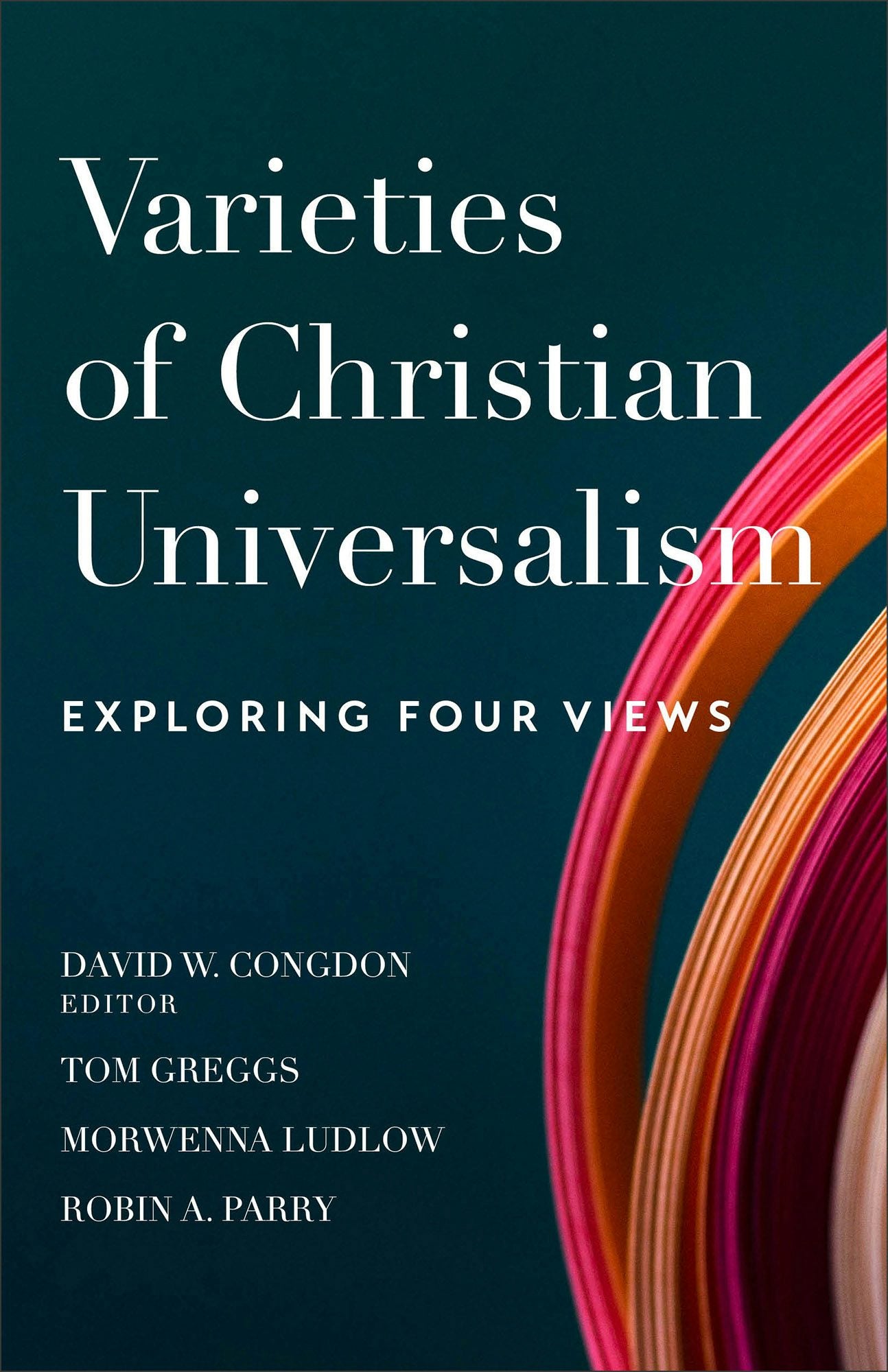Varieties of Christian Universalism
$24.99
Unit price
/
Unavailable
Shipping calculated at checkout.
Couldn't load pickup availability
Varieties of Christian Universalism


